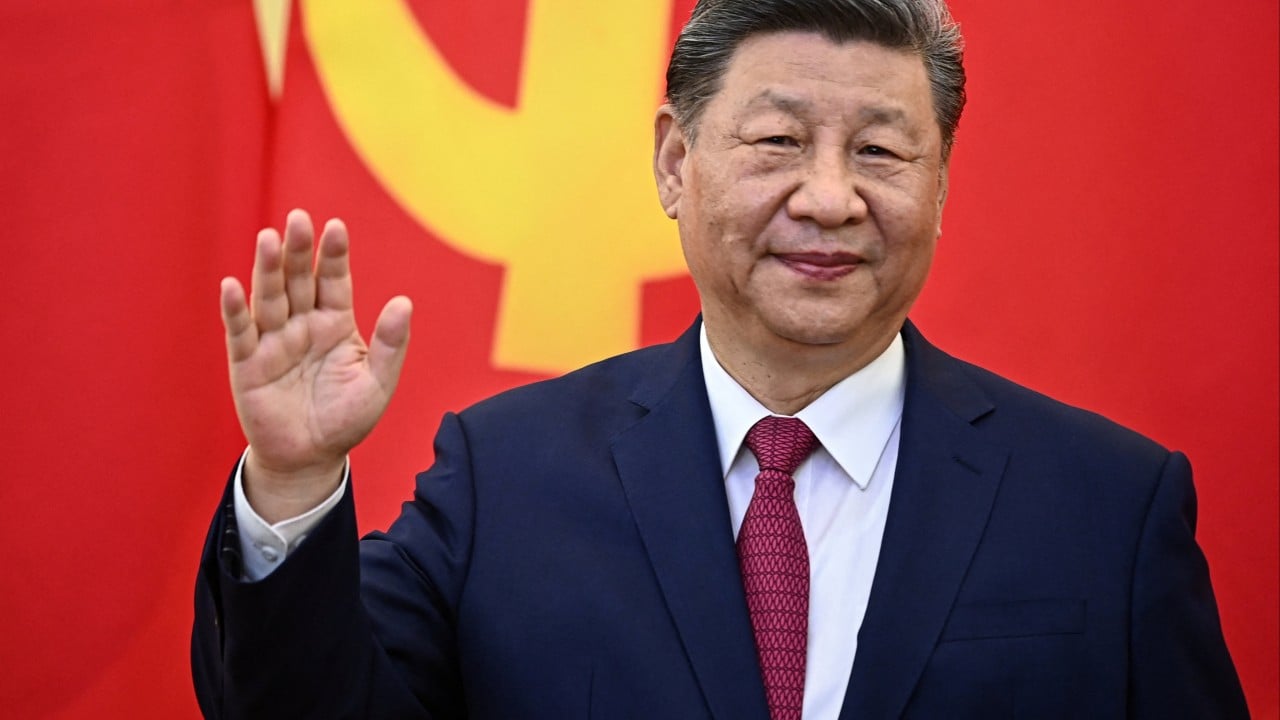The Philippines occupies a unique position as the sole US treaty ally in Southeast Asia, but recent regional realignments will demand careful diplomacy.
Advertisement
Southeast Asia has been top of mind for China lately – and with good reason. The latest wave of US President Donald Trump’s protectionist tariffs has forced Beijing to look elsewhere for economic stability, prompting a strategic pivot towards its immediate neighbourhood. Just a week after Trump unveiled “reciprocal” tariffs targeting global trade partners, China convened a landmark high-level foreign-relations meeting: the Central Conference on Work Related to Neighbouring Countries.
This conference, the first of its kind since 2013, marked a turning point in China’s approach to neighbourhood diplomacy. Three key takeaways from the two-day meeting are particularly relevant to the Philippines as it navigates its own relationship with a China that is decisively recalibrating its regional focus.
First, Chinese President Xi Jinping made clear that Southeast Asia was a top diplomatic priority – not only due to its geographic proximity but because he sees the region as a model for China’s broader diplomatic initiatives. Second, China’s leadership lauded its ties with neighbouring countries as the best in modern history, despite lingering territorial disputes. And lastly, China recognised the need to continue building mutual trust with its neighbours, stressing the importance of dialogue to manage differences and disputes.

To underscore this renewed focus, Xi embarked on a week-long diplomatic tour of Vietnam, Malaysia and Cambodia. This was not only his first state visit of the year but also the first instance of a multi-country sweep across Southeast Asia by Beijing in recent memory. In meeting after meeting, Xi drove home the same pointed message to his regional counterparts: stand together against unilateral bullying, reject protectionism, and embrace the spirit of good neighbourliness.
Advertisement

